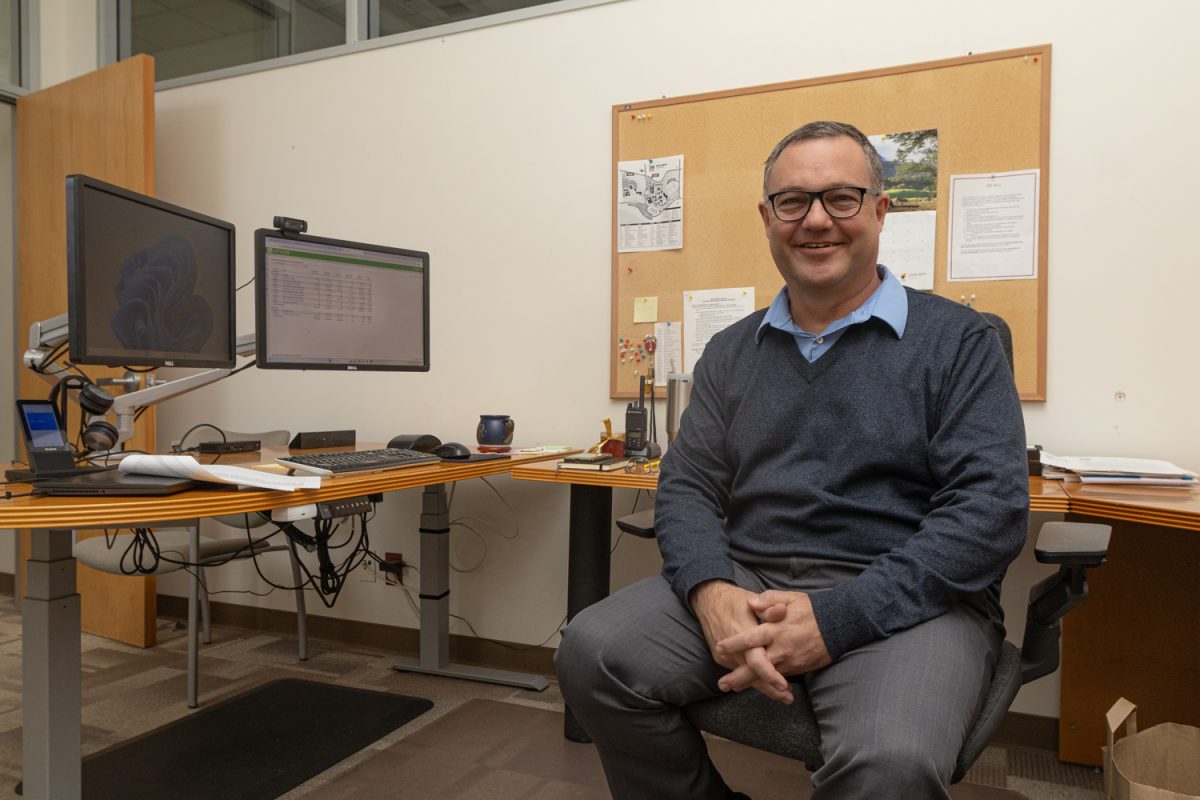Measure P, a $198 million bond that is meant to improve City College facilities will appear on the local ballot this November.
If passed, Measure P would extend the current property tax rate of $8.50 per $100,000 of assessed value, which was previously approved by voters in 2008, through bond Measure V.
A bond is essentially a loan that a school district takes out, and over a certain period of time, taxpayers pay it off through an increase in property taxes. Measure P aims to fund facility improvements and the construction of two potential replacement buildings on City College’s campus, according to Superintendent-President Erika Endrijonas.
“We took a lot of care to bring forward a measure that meets the needs of the college but in a really respectful way to the local community, because it’s not a separate tax,” Endrijonas said. “It is taking something that the taxpayers already voted for in 2008 and extending it out by 21 years.”
According to college officials, City College does not receive a regular budget allocation from the state for facility improvements or replacement buildings. Bond measures offer a way to fund such projects and address various maintenance concerns.
“I remember seeing emails on the all campus list [that] a pipe burst,” City College board president Jonathan Abboud said. “So if that happens and the bond doesn’t pass, we have to still fix that, but that’s taking away funding from other things within our regular budget.”
Measure P seeks to address several issues regarding the physical state of multiple buildings and facilities, including seismic concerns, the lack of air conditioning in certain buildings and working water fountains in specific parts of campus.
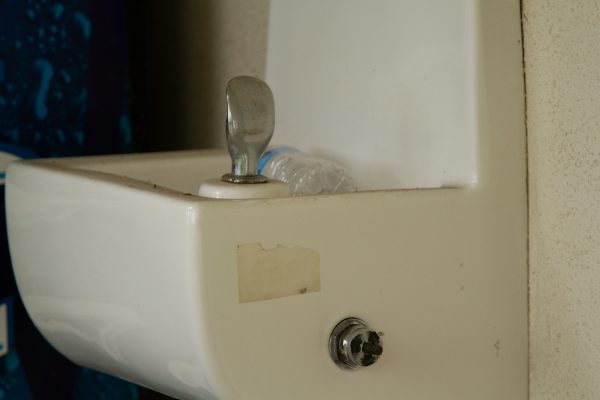
“If you walk around the administration building you can’t get a drink of water, except maybe in one place,” Endrijonas said. “Everything’s crossed off because the plumbing doesn’t work, or they’re lead pipes.”
According to Abboud, the bond should matter to students who want to get a drink of water in between classes, sit in classrooms with functioning heating and cooling or want to have access to “the basics of going to school.”
On June 27, the Board of Trustees voted 5-2 to place Measure P on the ballot, with the dissenting votes coming from trustees Veronica Gallardo and Marsha Croninger.
“I don’t support Measure P because I feel it’s not the right time,” Croninger said in an interview with The Channels. “We’re not ready to use that money wisely. We really need to focus on how to manage our budget, manage our facilities, and they are a big part of the budget.”
Post COVID-19 pandemic, the number of students enrolled in online classes at City College has drastically increased.
According to Croninger, this gradual growth in students taking more online courses has caused buildings on campus to fall out of use–leaving “three times” the number of classrooms and labs that are necessary for the school’s needs.
The trustee said she believes the college is not ready to spend the bond money because having too much money too soon will not be as effective as first addressing the relevant concerns at City College, and then moving forward with an established plan.
“We need to revise our thinking, and I think we need to focus on that, and have a lot of discussion, a lot of participation, both internally and with the community, about what is the plan,” Croninger said.
Measure V
The previously approved Measure V provided funds for the renovation of the Garvin Theatre, the humanities building, West campus classrooms and more. Some of the improvements made to the Garvin included new seats, side entrances and larger bathrooms.
Despite these improvements, the Garvin’s physical condition is only slightly better than the physical education building, according to Croninger.
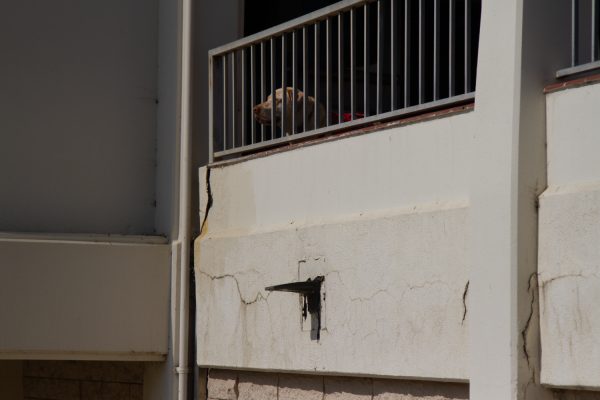
“We have let our investments from Measure V deteriorate,” Croninger said. “That’s not fair to the voters either, and we do not want to be asking them for more new stuff that we’re going to again allow to deteriorate.”
Maintaining aging facilities has become an apparent challenge for City College. Whereas Measure V aimed to improve the Garvin Theatre as one of its leading projects, Measure P aims to do the same for the physical sciences building, and physical education building.
The PE building was built in the 1960s, making the building itself over 50 years old.
PE, health education and dance department chair Kathy O’Connor, who has been a part of the physical education department for almost 50 years, said she has watched thousands of student athletes step in and out of her office located within the PE building.
“This building is falling down,” O’Connor said. “I mean, it is unbelievable. We have repair people here all the time just trying to patch us together and keep us running until we can get a new building.”
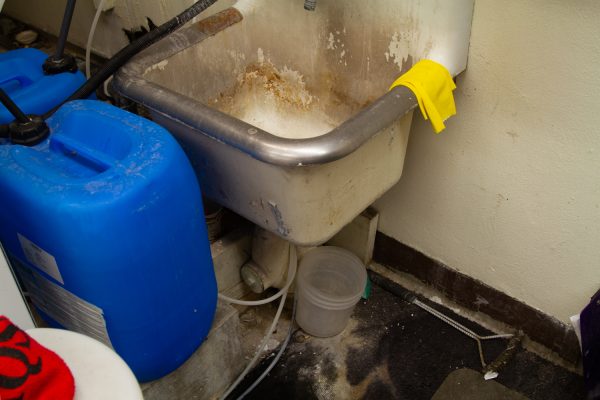
The deterioration of the building raises questions about whether City College needs more money to repair damaged buildings, or if it needs new strategies to address maintenance issues.
“Life expectancy of a building that we build is supposed to be 75 years,” Croninger said. “Some people say 100 but I think it’s more typically 75 years. So when we say, ‘oh my gosh, they’re 60 years old,’ they shouldn’t be done. It’s our inability to treat them well as we should.”
According to O’Connor, when the PE building was originally built, there were no women’s sports at City College. The lack of female athletic teams meant the building itself was originally built with the intention of being used by only male athletes–meaning there were no female restrooms, locker rooms, or other gender-neutral accommodations.
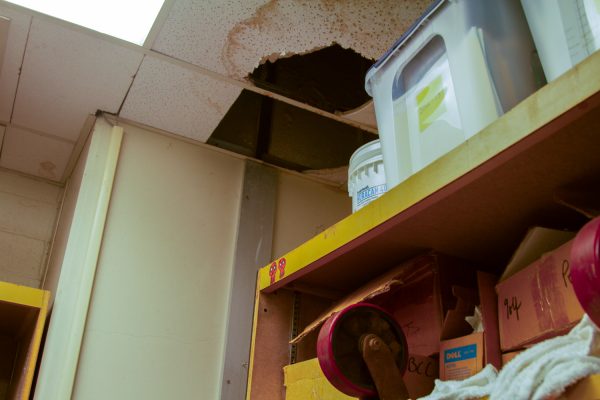
“There weren’t any women’s sports here till I came to work here in ‘73 and I started the women’s athletic program,” O’Connor said. “Over the years, [we] have done some remodels to assist with that, but we need a new building.”
O’Connor’s frustration extends beyond the PE building, as she described constantly seeing maintenance workers coming on campus to patch different facilities struggling to maintain function.
“I think that’s the thing that’s so discouraging to those of us who are here day in and day out, year in and year out, is we see everything crumbling and falling apart,” O’Connor said. “You can’t operate an educational system efficiently that way at all.”
Endorsements
So far, Measure P has been endorsed by the SBCC Foundation and Santa Barbara Taxpayers Association among others.
Those who have publicly opposed Measure P include the Santa Barbara County Taxpayers Advocacy Center, and Trustee Marsha Croninger among others.
“I do recognize that it looks like I’m somehow against the college,” Croninger said. “I’m not. I’m wanting us to be better at what we need to do so we can really be ready for the future, which I think is coming quickly.”
Discourse around Measure P has become a polarizing topic of discussion in Santa Barbara, with community members expressing both support and opposition of the bond in the form of public comments at Board of Trustee meetings, letters to local news outlets and more.
Ultimately, the commitment to providing students with a sufficient education and learning environment is the goal of any educational institution.
“We want to be able to give students the quality classrooms they deserve to learn in,” Abboud said.


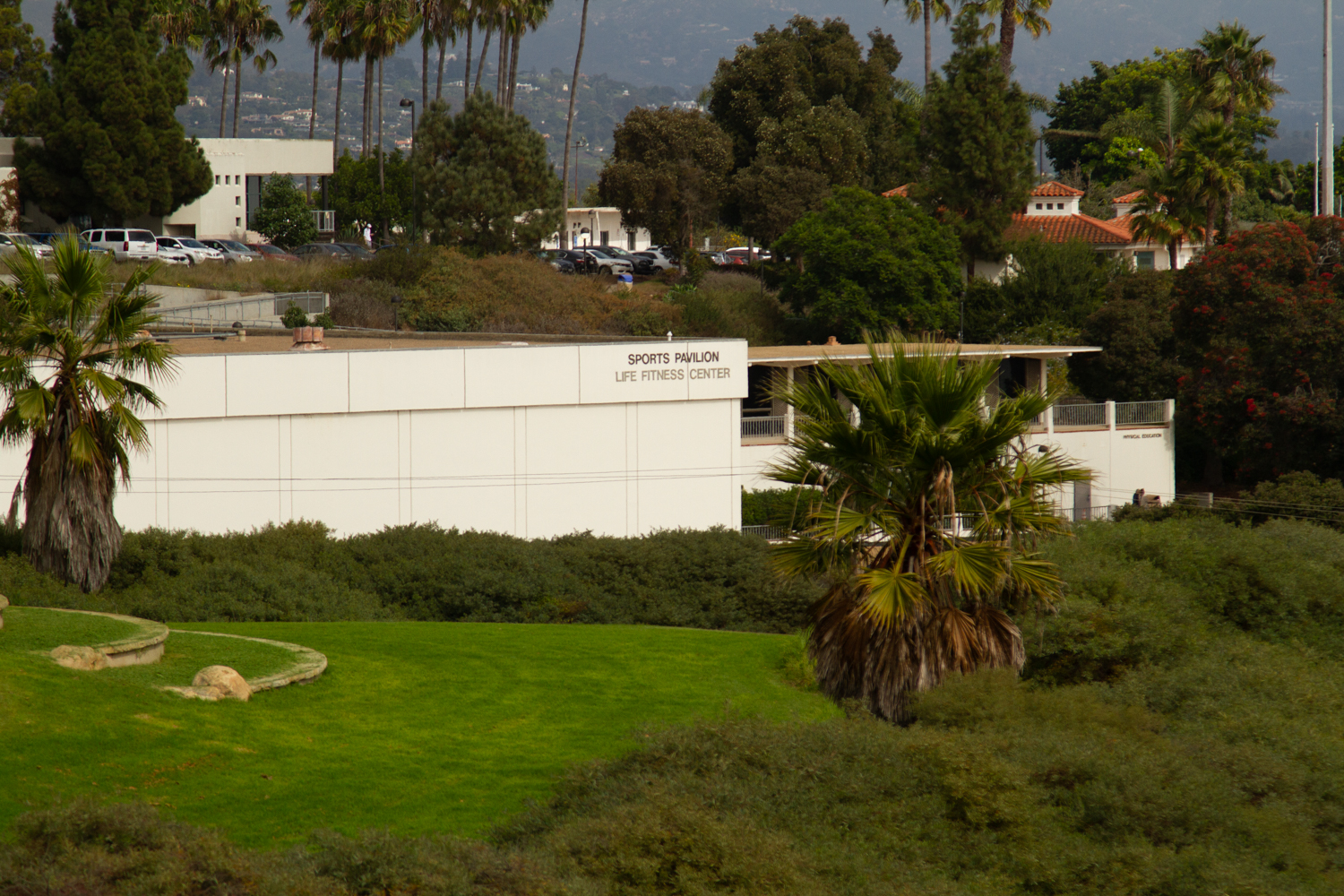


![On Feb. 12 the Multimodal Lab held a poetry open mic for students, staff and faculty in Santa Barbara, Calif. “I'm glad there is space here at this school [...] that people can talk about what they are feeling on the inside and whatever feelings they’ve got,” Russom said.](https://www.thechannels.org/wp-content/uploads/2025/02/MGSMultimodal-3-1-1200x800.jpg)

